At Genson Quality Plants' new tray field in Canada, Sjef Smits gazes over the rows of strawberry plants, all of the Karima variety—relatively unknown in North America—with satisfaction. "Things are going well," he summarizes. This is no small feat, as the fast-growing North American strawberry sector faces significant cultivation challenges. However, the team is confident they can adapt with the right varieties, techniques, and strategies.
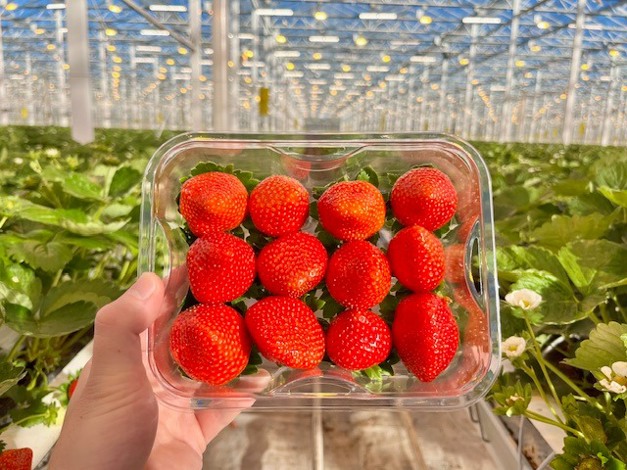
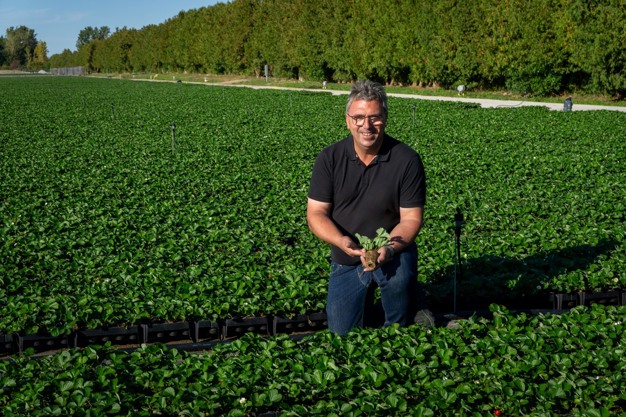
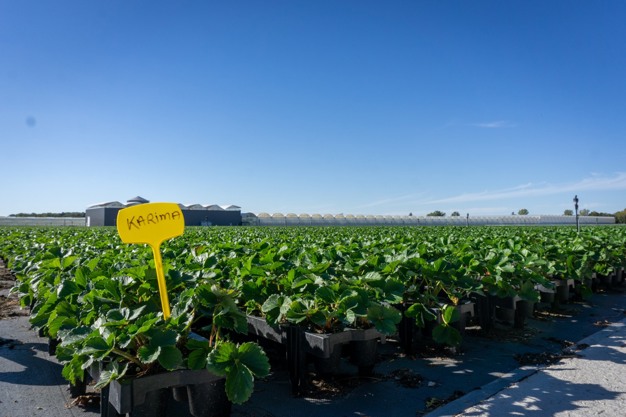
"The fruit must taste great, and have a good shelf life, and the plant needs to produce a high yield," Sjef explains. "At the same time, growers need a cost-effective story to tell." The variety and the skill of the propagator and grower partly determine these qualities. Genson Quality Plants—born from a partnership between Dutch plant grower Genson and Canadian cultivation company Great Northern Hydroponics—is working on all fronts to improve results across the supply chain.
The push for improvement is driven by the rapid growth of the U.S. soft fruit sector, which has seen an estimated 400 acres of strawberry greenhouses developed in recent years. However, growing strawberries indoors is vastly different from outdoor cultivation and comes with its own set of challenges.
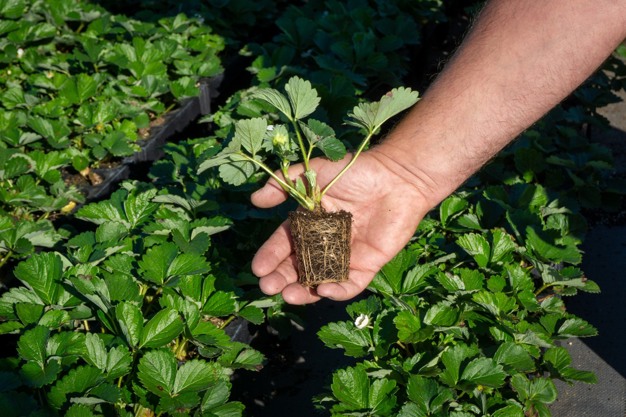
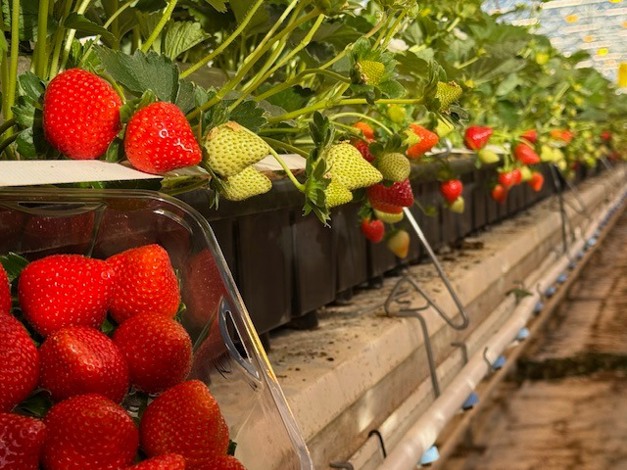
Market connection
One issue, according to Sjef, is aligning with market demands. Great Northern sells its strawberries under the Ever Tru Farms brand, giving them direct insight into the market. "Retailers want year-round greenhouse strawberries and prefer the highest volumes around Christmas when they see peak sales potential. To meet this demand, growers often try to plant in August. But that's no easy task—young plants face extreme stress during the hot summer days, and they don't grow stronger from the intense heat."
Sjef believes it's possible to plant in September and still achieve peak production around Christmas, provided the right varieties and cultivation strategies are in place. Both Genson Quality Plants and Great Northern are continually evolving. In recent years, Great Northern transitioned from tomatoes to strawberries, modernizing its greenhouses extensively. The nursery is also expanding: two years ago, supplier George de Groot leveled a new tray field, and a second field was completed last year. These fields are designed with full water recirculation systems, and greenhouses can be added without significant reconstruction.
Genson Quality Plants is constantly testing, importing, and propagating new varieties. While Karima shows great promise, it's not the only one they're focusing on. "We're also researching other varieties, including both everbearers and June bearers," Sjef notes. "And we're experimenting with blackberries."
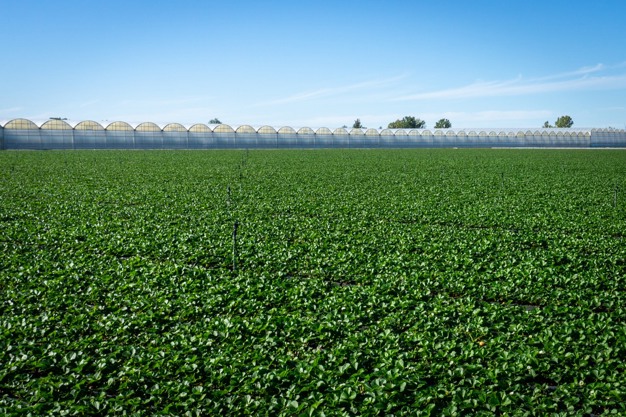
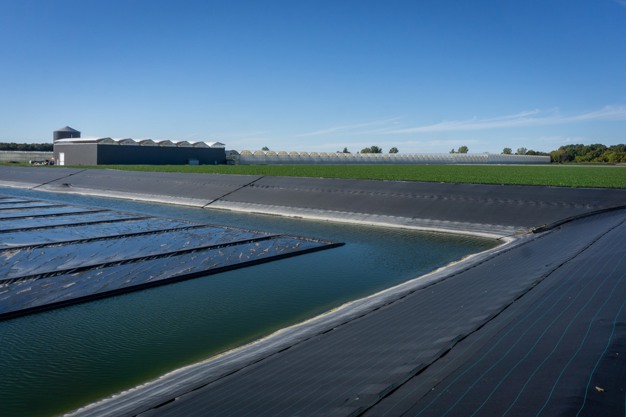
This process is labor-intensive and involves extensive paperwork. But now, the new tray field—where Sjef currently stands—is filled with Karima. Known in Italy for its exceptional flavor and high yield, this variety remains relatively unknown in North America. Genson has been testing it for several years and is now actively propagating its parent material. This is done in collaboration with retailers, who will eventually sell the fruit, and growers, who will cultivate it. "We also see potential for outdoor cultivation," Sjef adds. By working with freezer plants, they can ensure consistent deliveries. Additionally, Genson provides growers with cultivation support throughout the season.
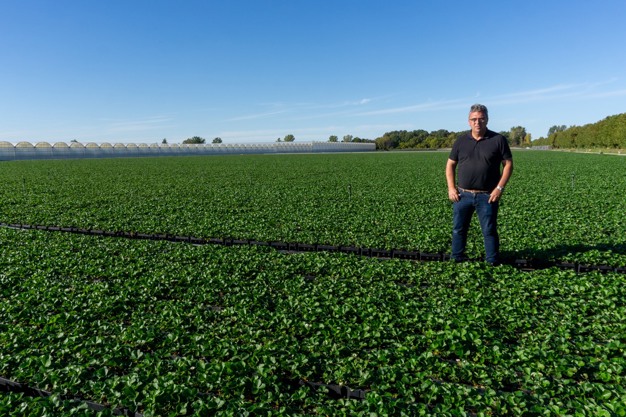
"The belief that greenhouse conditions make cultivation easy is widespread," Sjef reflects. "But that's not the case. You can't just plant earlier and expect everything to fall into place. However, with the right combination of variety, plant quality, and cultivation strategy, it's possible to extend the planting season significantly."
For more information:
GensonQuality Plants Canada
Tel: +31 (0)413 209 254
[email protected]
www.genson.nl
